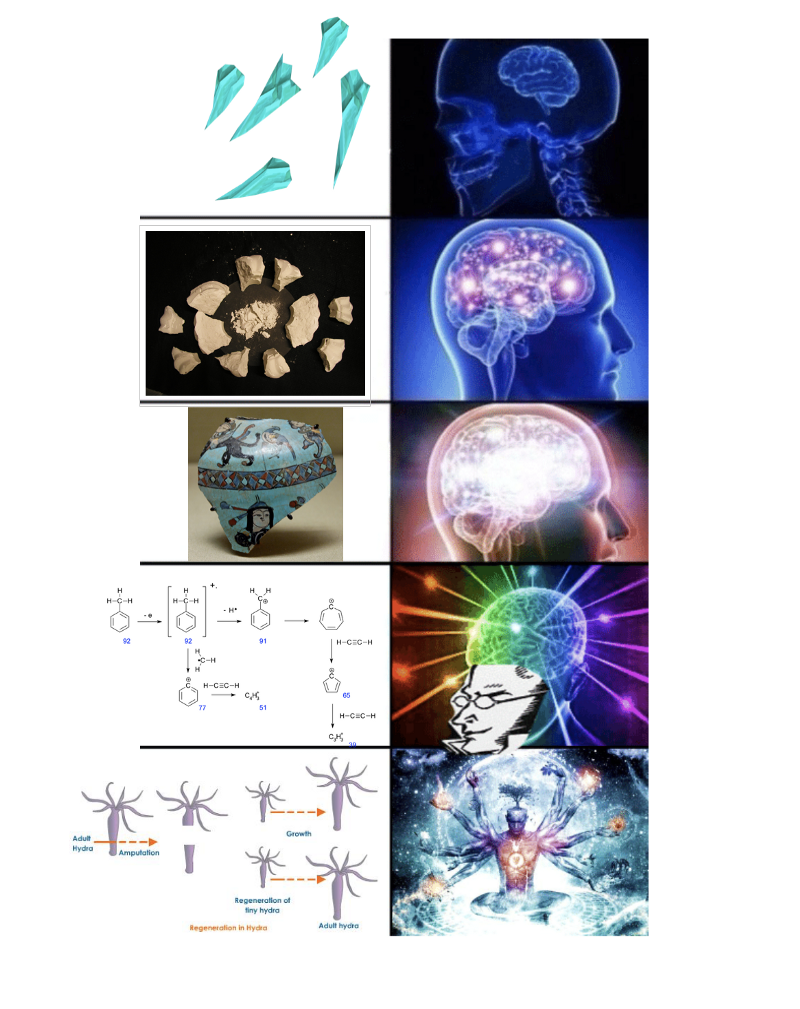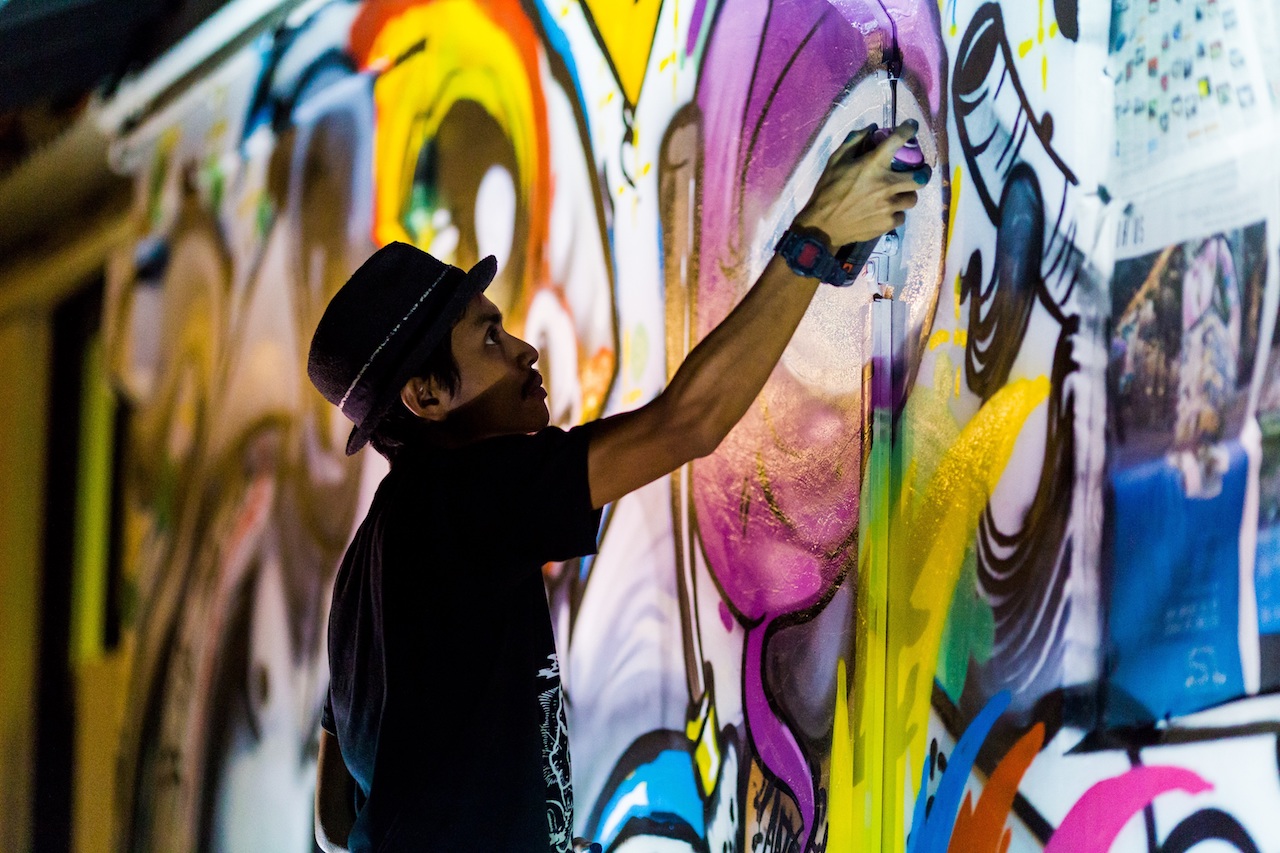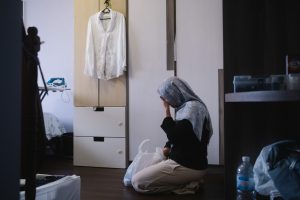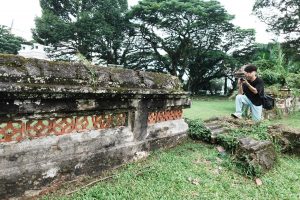This article is a response to RICE’s commentary, in which we argued that the arts community would never progress if it remains fragmented. It was first published here.
A town hall regarding the nomination of a new Arts Nominated Member of Parliament (NMP) was held on the 24th of June, organised by the Arts NMP Secretariat. Over 80 people showed up, yet only approximately 13 people shared their opinions openly in the Black Box of Centre 42.
How can, or will, more voices in a community of artists converse with each other and society at large? How can we listen better to each other, so we can hold each other accountable to our visions of how the arts community can be? What role does the Arts NMP have in all of this in the context of Singapore? All these questions were on our minds and discussed to no real end during the town hall. But that’s okay. We’re not here to criticise the town hall for not answering the questions, or even to demand answers.
For some background, the three-hour long conversation spanned topics like the parliamentary presence of nominees, to the persecution of artists like Jolovan Wham and Seelan Palay. It rekindled our desire to articulate what community means in the context of the arts in Singapore, as young practitioners. Attendees were quick to question representation and the specific goals to be achieved by the NMP. These questions were targeted at two potential nominees for the role: artist-curator Woon Tien Wei, and community artist-educator Felicia Low. Taking stock of what came before this conversation, we have had 3 Arts NMPs so far: former co-director of the Substation Audrey Wong (2009), former actress Janice Koh (2012), and artistic director of Drama Box Kok Heng Leun (2016, outgoing). While substantial bills have not been passed in their terms, it has allowed us to understand their contributions and potential of what could be done in their limited time in parliament. Previous issues that these NMPs have engaged with regarding the arts notably include that of OB markers, censorship, and funding to support the arts.
In writing this reflection, we find the arts community and society at large need more time to sustain and develop conversations like this, allowing space to fully marinate ourselves in the process of differences and uncertainties. We need more space for individuals to articulate their own ties and motivations to be part of communities, and along the way learn lessons about policies and strategies that require testing, and failing. We need to allow ourselves, and each other, to sit with these uncertainties. The terms of the past 3 Arts NMPs, the town halls held for their nomination, and the work put in by advocates and artists are the sprouting of a conversation in its infancy. We all need courage in both speaking up and trying to reach out to voices beyond those who have already been heard loud and clear.
It is crucial for more individual perspectives to be shared openly so as to sustain the conversation beyond the town hall. Benjamin Lim’s article published in Rice is a good starting point as one of the many perspectives. Lim’s article As Long As the Arts Community Remains Fragmented, We’ll Never Progress critiques the town hall for the way it showed clear fragmentation of the arts community, asserting that this means we will never progress. We disagree. Fragments are not merely detached shards, we are amputated hydra actively trying to regenerate.

The first step of community building is necessarily surfacing such ‘fragmentation’. In other words, understanding how we differ, and acknowledging that we are individuals not tied to each others hips. Differences need not be divisive. Artistic practices and individuals are inherently different, and a positive way forward requires the presence of discourse among the fragments in order to build a robust community.
We agree with Lim that we have to take the initiative to fight for our own interests. The question that follows is this: what can we do in our individual capacity within the communities we belong to? Accepting that fragmentation and dissent is inherent, we believe criticism should proceed as a creative endeavor and not a destructive one. Critical creation is a process that depends on discourse generated by individuals in the ecosystem, rather than a homogeneous community.
Beyond expressing and debating, what are the needs and the gaps within the arts in Singapore, and what can we do either individually or through the arts NMP position? Attempting to plug these gaps has surfaced many tensions — from who is a good fit for the parliamentary position, to which individuals would be affected most by policy changes — but underlying it all is a desire to create, and a desire to make a conducive space for creation.
Creation means many different things — Felicia Low brought up an important point that what we typically associate with acceptance is the lack of controversy, but this is not the only positive way that people can react to the arts. Controversy is indicative of conversation, and that in itself is a positive reaction. We believe that the arts community, however you choose to define it, should embrace difficult conversations in order to move forward in the face of dissent. For those among us who, for a dozen different reasons, have not spoken out as much as some of their counterparts, we need to find out why, and to allow space for them to take the lead and share their voices.
We wonder what power naming and identification has to do with this. If you’re wondering whether you are part of a community or not, chances are you are part of it. We think that not only is difference important to the collective, but that you are an important fragment that can be named. Being individuals and smaller collectives does not mean that we are detached from one another, but that we gather what we each know best as ourselves, and learn how to share with each other constructively, creatively. It is only ‘fragmented’ if we forget how to listen to, and talk with one another.
Make your art, continue doing what you are doing. Name yourself and name your practice. Name your insecurities, name your fears. Name your given name and appear in person or in spirit. Name your knowledge and share your insights. The only way to break the echo chamber is to allow voices to reverberate, and voices cannot do so if they are not articulated outside of where they are usually heard (in private). We push back against casting diversity within a community as fragmentation, and instead see it as room to create different ways of being with each other. There is enough space for everyone.
We hope that the energy of individuals and smaller collectives in our community can be sustained in a space where uncertainty and differences can be met with trust and good faith, and worked through for the sake of a greater collective clarity. Regardless of the appointment of the Arts NMP, we hope that conversations (perhaps coordinated by the Secretariat and the Arts NMP, or members of the respective micro-communities) can be allowed the space to become more than just talk, but also to spin and weave a genuine web of understanding.
This is not an exercise in futility.
PS. RICE welcomes all responses to our published articles. Reach us at community@ricemedia.co. We want to hear from you.






